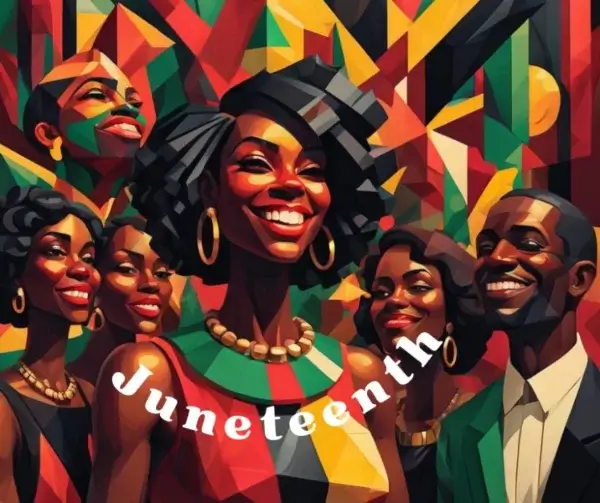On a bright June day in 1865, before Juneteenth was a federal holiday, an unknown individual stood in Galveston, Texas, experienced the warm breeze of historic change. The salty breeze from the Gulf of Mexico brushes against their face. Suddenly, they hear the excited murmurs of people gathering around the town square. It’s June 19th, and Major General Gordon Granger has just arrived with life-changing news. As he steps forward, he announces the final enforcement of the Emancipation Proclamation, declaring all enslaved people in Texas free at last. The crowd erupts in joy and disbelief, their hearts filled with hope and newfound freedom.
Why Was the Emancipation Delayed in Texas?
But here’s where the story gets even more intense. The announcement came as a surprise to the enslaved people in Texas. No one told them that slavery had ended two years prior. Can you believe that? Despite the Emancipation Proclamation being issued on January 1, 1863, slaveholders in Texas kept this crucial information to themselves, continuing their violent exploitation of African Americans. This delay made the moment on June 19, 1865, even more bittersweet, as it marked the end of a prolonged period of unnecessary suffering.
How Did Early Juneteenth Celebrations Begin?
Early celebrations of Juneteenth started in 1866, with church-centered gatherings in Texas. As you walk through these gatherings, you can see people dressed in their finest clothes, enjoying cookouts, rodeos, music festivals, and fishing. The joy is palpable, and the sense of community is strong.
Celebrations Spread Across the United States?
Fast forward to the 1920s and 1930s, and Juneteenth has spread across the South. The celebrations become more commercialized, often centered around vibrant food festivals. Booths lined with mouth-watering barbecue, a staple at Juneteenth events. The sound of jazz and blues music fills the air as children run around playing games and laughing.
What Impact Did the Great Migration and Civil Rights Movement Have on Juneteenth?
During the Great Migration, African Americans moved to different parts of the country. Seeking to become part of mainstream society, many left this tradition behind them. By the 1960s, the Civil Rights Movement brought a new focus to the struggle for equality. Although Juneteenth celebrations were briefly overshadowed, they made a strong comeback in the 1970s, putting an emphasis on African-American freedom and arts.
What Other Significant Events Occurred in the Late 1860s?
It’s important to note another significant event in this era. In the late 1860s, the Reconstruction Treaties were signed, forcing tribes such as the Cherokee, Creek, and Chickasaw to free their slaves. This marked another step toward freedom and equality, showing the widespread impact of emancipation efforts beyond just Texas.
When Did Juneteenth Become a State and National Holiday?
Juneteenth became a state holiday in Texas in 1980, acknowledging the importance of this day in an official capacity. Many other states soon did the same, embracing Juneteenth as a day of celebration and remembrance.
In 2021, President Joe Biden signed the Juneteenth National Independence Day Act, making it a federal holiday. This historic moment underscored the importance of acknowledging our past and celebrating the progress we’ve made. Juneteenth became the first new federal holiday since Martin Luther King Jr. Day was adopted in 1983.
How Is Juneteenth Celebrated Today?
As you can see, Juneteenth is not just about the past. It’s about the present and the future. Celebrations today are vibrant and diverse, reflecting the rich culture and heritage of African Americans. You can feel the rhythm of African drums, graceful dances and soulful singing. There are also lectures and exhibitions teaching about African-American history and culture, instilling pride and heritage in young minds.
Honoring the Past, Celebrating the Present
Juneteenth is a celebration of freedom, resilience, and unity. It reminds us of the struggles and triumphs of those who came before us and encourages us to continue striving for a more just and equal society.
So, as we enjoy the festivities, let’s also remember the significance of this day and why it’s crucial to keep acknowledging and celebrating Juneteenth. By doing so, we honor the past, celebrate the present, and inspire future generations to cherish their history and continue the journey towards equality and freedom for all.

